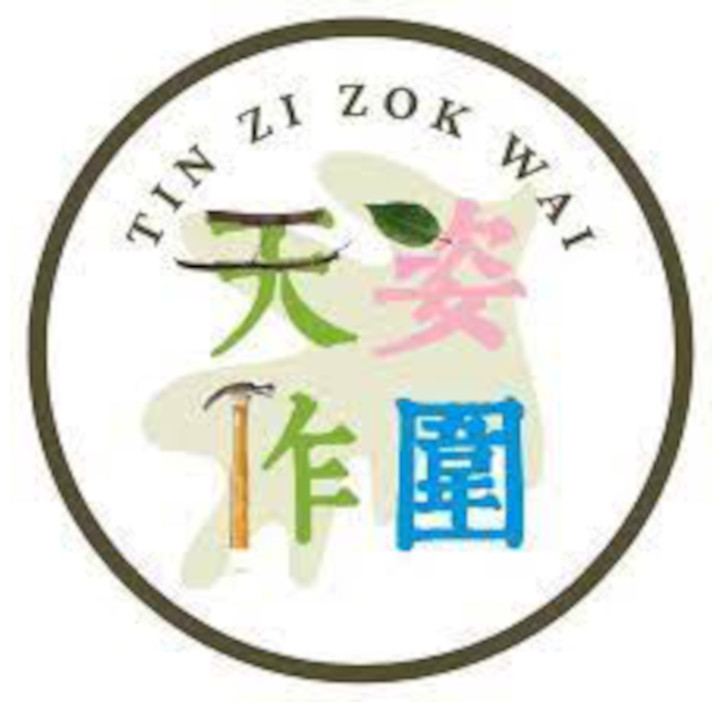


Introduction
Founded in 2014, MicroForests is a social enterprise that provides trainings and job opportunities to marginalised women like single mothers and new immigrants. By making and selling Sogetsu, a Japanese floral art, MicroForests hopes to enhance well-being of Hong Kong people and empower its employees.
Challenges
TSW has been regarded as the City of Sadness due to its flaws in urban planning back in 1980s. While residential areas have dominated over half of the area, public facilities and social services failed to meet the increasing demand of residents in TSW (Panel on Welfare Services, 2004). The absence of industrial areas and limited commercial activities meant insufficient job opportunities which led to a 9.1% unemployment rate in TSW, which was substantially higher than the average unemployment rate of 5.7% in Hong Kong (Department of Social Work and Administration, 2009).
Furthermore, large scale public housing development favours the settlement of low-income households and new immigrants from Mainland China. Women from these grassroot families possess skills, such as cooking and farming, that are not recognized by the mainstream economy. Since they often do not have a high level of education or expertise that guarantees them a place in the job market, they could hardly compete for employment opportunities. Sense of belonging is undermined by limited community network and a poor sense of self-worth.
Solution
In light of the lack of job opportunities, Tin Zi Zok Wai forms a platform that welcomes women with different talents to become their community members so that they get job opportunities and contribute to their families. With aims to bridging the social capital, idle space and excessive resources in the area with collective power with grassroots women and nature, members with different talents gradually form teams according to roles and functions, including farming, food processing, shop keeping and tour guiding, and share responsibilities among themselves to maintain the daily operation of the organisation.
At the same time, Tin Zi Zok Wai introduces community currency to build a circular economy by means of “time vouchers”. For every hour of work, women could earn either 30 units of time voucher, or $10 Hong Kong dollars plus 20 units time voucher. Time voucher serves as a token to exchange for goods and daily necessities such as organic vegetables, products from food processing kitchen, etc. This provides an alternative to buying goods from supermarkets and expensive shops, reducing the burden of grassroot families.
Impact
At present, Tin Zi Zok Wai has recruited more than 500 members, with 60 of them being active members who maintains the daily operation of the organisation. Active members earn approximately 300 to 600 units of time-coupons per week to redeem agricultural products that equals to the food costs of one full day, covering part of their household expenses to make contributions for their family.
Moreover, organic vegetables and hand-crafted products are also sold to the public in Tin Sau Bazaar so that revenue from the sales can be invested in the business development and daily operations of the organisation. Not only does Tin Zi Zok Wai establish a self-sustained local economy to increase job opportunities, it also empowers women from local families, strengthens social resilience and builds social network around Tin Shui Wai community.
Reference
Panel on Welfare Services, Review Panel on Family Services in Tin Shui Wai. Hong Kong, November 2004. www.legco.gov.hk/yr04-05/english/panels/ws/papers/ws1122cb2-262-1e.pdf. Accessed 2 August 2021
Department of Social Work and Administration, The University of Hong Kong. A Study on Tin Shui Wai New Town. Final Report. Hong Kong, January 2009. www.nentnda.gov.hk/doc/techreport/r3.pdf. Accessed 2 August 2021